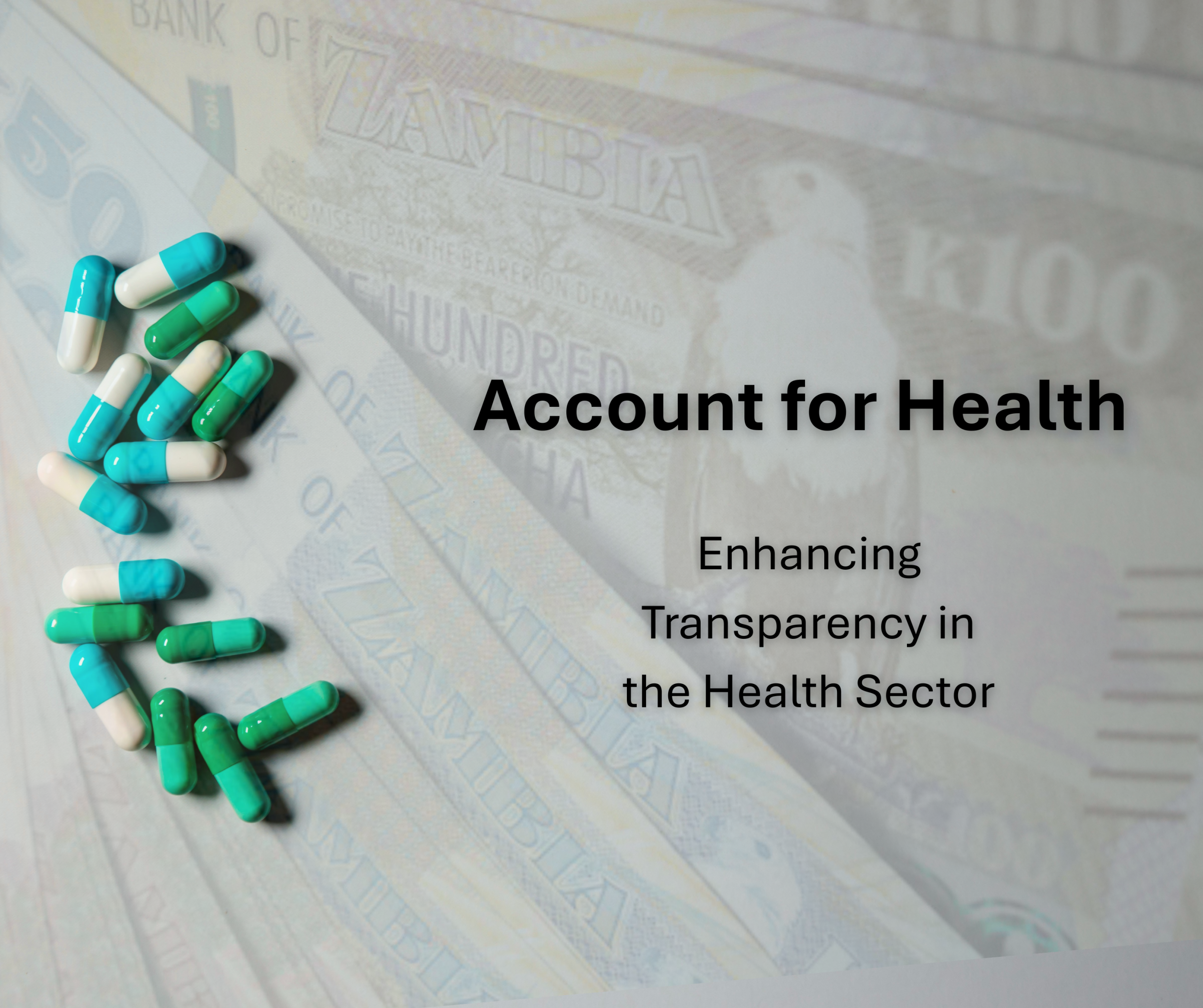Account for Health Project: Enhancing Transparency in the Health Sector
Account for Health” is a civic-driven initiative under the Transparency & Accountability Lab that seeks to uncover and challenge corruption in Zambia’s public health sector. The project aims to ensure that government funding and procurement processes are transparent, accountable, and responsive to the healthcare needs of citizens. Through evidence-based monitoring, citizen engagement, and strategic advocacy, this project fights for equitable access to quality medicine, contraceptives, and ambulances, essentials that continue to be undermined by systemic corruption.
The Problem:
Zambia’s health sector is experiencing significant challenges linked to corruption and mismanagement. There have been repeated instances of non-transparent allocation of health funds and procurement processes, affecting essential services such as ambulance distribution, medicines, and contraceptives. Some contracts have been awarded to suppliers lacking proper certification, leading to defective products and critical service gaps. In some cases, medical products provided were not certified, contributing to preventable health risks and undermining public trust.
Although emergency procurement procedures have been cited, delays in delivery and limited transparency have hindered effective service provision. These issues have resulted in a situation that many consider a growing humanitarian concern.
Our Solution:
This project employs a multi-stakeholder, community-centered approach to demand accountability and drive change:
Budget & Procurement Tracking: Review health sector budgets, contracts, and deliveries to detect mismatches and possible embezzlement.
Community Monitoring: Equip citizens to identify corruption.
Data Collection: Conduct surveys and interviews with healthcare staff and residents to assess delivery, quality, and satisfaction.
Public Pressure & Advocacy: Use radio, social media, and town halls to raise awareness and demand accountability from government officials, particularly those who have made public commitments.
Stakeholder Engagement: Organize forums with local leaders, health professionals, media, and NGOs to co-create solutions and follow up on commitments.
Expected Outcomes:
Transparent and traceable allocation of health sector funds.
Functional, reliable delivery of medical supplies and ambulances to local hospitals.
Informed and empowered citizens capable of identifying and reporting corruption.
Increased public confidence in the healthcare system.
Documented evidence of government performance in health service delivery.

